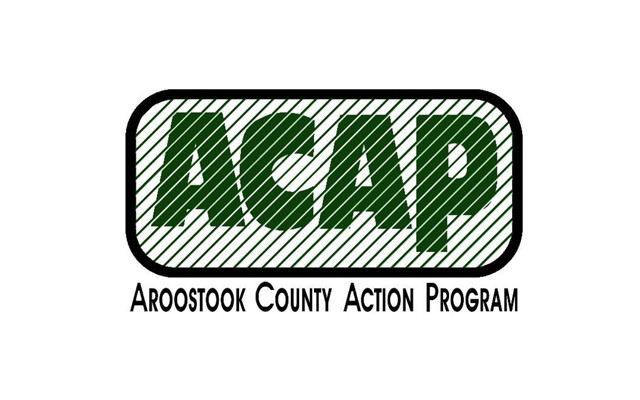PRESQUE ISLE, Maine – It is a new day in public housing authority (PHA) homes. Over the next six months, PHA homes will become safer and healthier with the implementation of Smoke-Free policies. Units will also be easier to maintain, saving money and decreasing wait times for unit turnover.
Typically, what happens inside one’s own home does not affect one’s neighbors. However, a tenant’s actions can sometimes negatively affect others. Sometimes the nuisance is minor, like loud music or strong cooking odors. At other times, the offense is major, such as secondhand smoke.
Secondhand smoke hurts everyone. In 2006, the U.S. Surgeon General concluded that there is no safe amount of secondhand smoke. It contains hundreds of toxic chemicals, approximately 70 of which can cause cancer. Even breathing secondhand smoke for a short amount of time can be hazardous to one’s health, as exposure also increases the risk of disease and lung cancer. Children exposed to secondhand smoke are at an increased risk for Sudden Infant Death Syndrome (SIDS), acute respiratory infections, ear problems, and more frequent and severe asthma attacks. Pregnant women exposed to secondhand smoke are more likely to have babies with serious health problems.
Smoke-Free policies are legal, they do not violate tenant’s privacy and are not considered discriminatory to people who smoke. The policies are not about the person that smokes but only about where they are allowed to smoke. People who smoke are not a protected class and have no legal status. Because smoking is a public health issue these policies set rules for activities permitted on the property. People who smoke cannot be prohibited from renting a unit or residing in public housing. Tenants are allowed to smoke, just not in areas that have been designated as nonsmoking.
All PHAs must a have a policy in place by July 30, 2018. The policy must prohibit the use of lit tobacco product inside dwellings, common areas, and office buildings. The policy must also restrict the areas 25 feet from doorways to be smoke-free as well. It is at the discretion of the PHA if they choose to provide a smoking area or not. They may even make their entire grounds smoke-free if they choose.
Secondhand smoke can create serious health problems to tenants young and old, this can include sickness and even death. Chronic disease is higher in adults that live in public housing units and exposure to secondhand smoke can trigger a heart attack in people with chronic disease. Children are in the home for longer periods of time and have no control over their environment, causing increased exposure to secondhand smoke. The U.S. Fire Administration reports that smoking-related fires result in $326 million in property damages each year. The U.S. Surgeon General concluded that the only way to keep children and adults safe from secondhand smoke was to ban all smoking. Considering all the health and safety benefits of a smoke-free policy for residents in public housing this just makes sense and goes a long way in making life truly better for everyone involved.
Aroostook County Action Program (ACAP) Tobacco Specialists have resources to help landlords and tenants with this transition and answers to questions they may have. Tobacco cessation materials are available upon request. Free signage is available and we can help you decide what is needed and order them for PHAs as well. This service is provided at no cost. If you have questions about the program please contact Dawn Roberts or Jo-Ellen Kelley, Tobacco Prevention Specialists for ACAP at (207) 764-3721.





